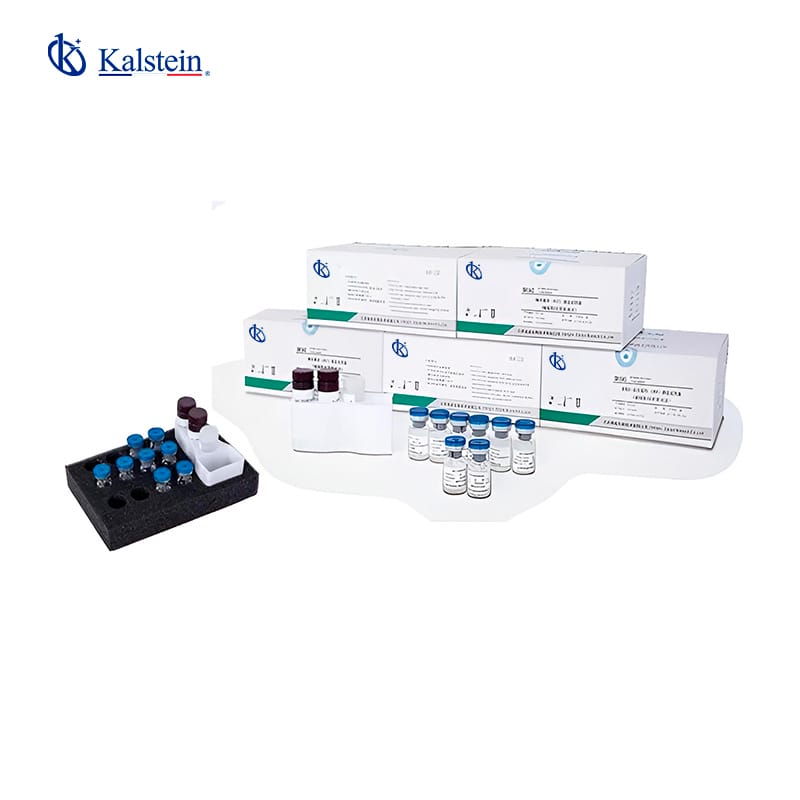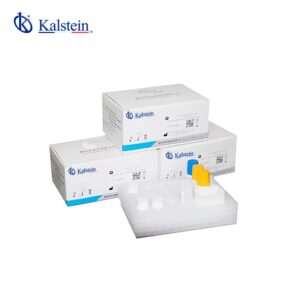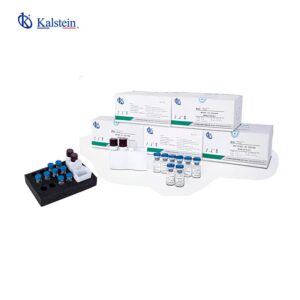Description
The Cardiac Marker Test YRA363 // YRA367 is a highly specialized diagnostic tool designed for use with IVD CLIA Analyzers. This test kit incorporates sophisticated chemiluminescence technology to ensure high sensitivity and stability in detecting essential cardiac markers such as NT-ProBNP, D-Dimer, MYO, CK-MB, and hs-cTnI. Utilizing advanced coupling technology, including magnetic beads, derivatives, and a substrate solution, the product offers a seamless, quick, and precise method for cardiac biomarker detection. The Cardiac Marker Test also enhances laboratory automation and eliminates radioactive risks, making it both safe and efficient for extensive cardiac monitoring and infectious disease testing in healthcare settings. Compatible with Chemiluminescence Immunoassay Analyzer models YR06387 and YR06388, this product offers a reliable solution for professionals in the medical field.
Market Price
The pricing for cardiac marker tests like the YRA363 // YRA367 can vary based on volume, distribution channels, and regional availability. On average, you might find prices ranging from $200 to $500 per kit. For the most accurate pricing tailored to your needs, we invite you to request a quotation through our platform, Kalstein Plus, where you can generate a quote automatically.
Frequently Asked Questions
How does the Cardiac Marker Test work?
The test utilizes enzymatic chemiluminescence with alkaline phosphatase as the luminous marker to provide highly sensitive readings of cardiac biomarkers.
How many tests are included in the kit?
Each kit offers flexible options, available in configurations of 100, 50, or 48 tests per kit.
Advantages and Disadvantages
Advantages: The test offers exceptional stability and high sensitivity, seamless integration into automated lab settings, and eliminates radioactive hazards.
Disadvantages: The initial investment may be higher compared to simpler testing methods, and proper training is necessary for accurate use.
Product Usage in the Field
In practical applications, the Cardiac Marker Test YRA363 // YRA367 is widely used in hospitals and diagnostic laboratories to monitor patients’ cardiac health status. Its ability to quickly provide reliable biomarker readings aids in the timely diagnosis and treatment of various cardiac conditions, ensuring optimal patient care.
Recommendations
To maximize the benefits of the Cardiac Marker Test, it is recommended to store the kits at temperatures between 2-8°C. Proper calibration and regular maintenance of the analyzers ensure precise and consistent results. Medical staff should undergo appropriate training to operate the system efficiently.
Features
- Enzymatic chemiluminescence technology
- Includes magnetic beads and Anti-A/Anti-B components
- Advanced magnetic separation technology
- Patented core materials
Technical Specifications
| Model | YRA363 | YRA364 | YRA365 | YRA366 | YRA367 |
| Tested Parameter | NT-ProBNP | D-Dimer | MYO | CK-MB | hs-cTnI |
| Luminous principle | Enzymatic chemiluminescence | ||||
| Luminous Marker | AP(alkaline phosphatase) | ||||
| Specification | 100 test/kit | ||||
| Specification | 50 test/kit | ||||
| Specification | 48 test/kit | ||||
| Principle | Competitive Method | ||||
| Components | Magnetic beads | ||||
| Components | Anti-A/Anti-B | ||||
| Components | Calibrators | ||||
| Components | QC1 | ||||
| Components | QC 2 | ||||
| Sample | Serum | ||||
| Storage | 2-8°C | ||||




